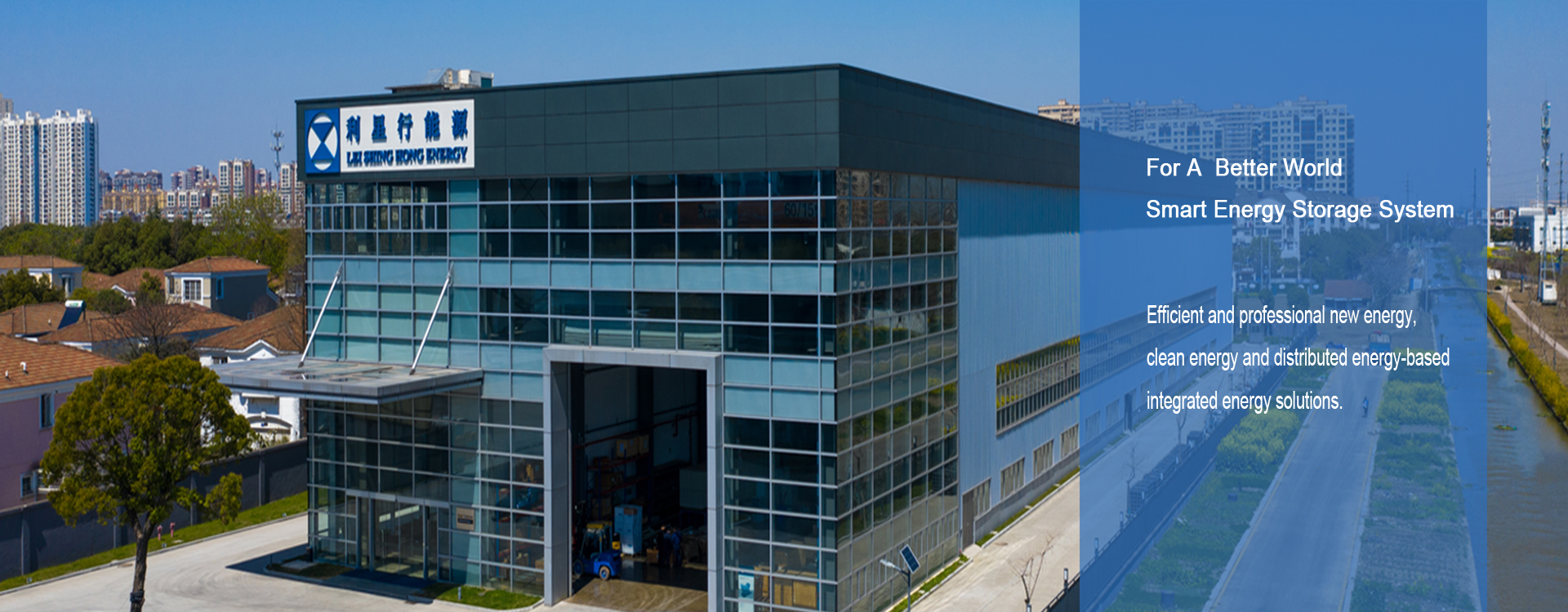As the demand for reliable energy sources grows, businesses and homeowners face a pivotal decision: gas generator power systems or solar energy solutions? Each option has unique benefits, challenges, and suitable applications. By understanding their differences, you can make an informed choice tailored to your specific needs.
Understanding Gas Generator Power Systems
Gas generators are widely used for their flexibility and dependable energy output. These systems burn natural gas or other fuels to generate electricity, making them an excellent choice for on-demand power.
Advantages of Gas Generators:
1.Reliability
Gas generators provide consistent energy, regardless of weather conditions. This makes them ideal for regions with unpredictable climates or limited sunlight.
2.High Power Output
Capable of handling heavy loads, gas generators are suitable for industrial applications, large businesses, and critical infrastructure.
3.Quick Start-Up
These systems can begin generating power almost instantly, ensuring minimal downtime during power outages.
4.Scalability
Gas generators come in various sizes and capacities, making them adaptable to small residential setups or large-scale industrial use.
Challenges of Gas Generators:
●Fuel Dependency: Operating costs fluctuate with fuel prices.
●Environmental Concerns: Emissions contribute to greenhouse gases.
●Maintenance Requirements: Regular upkeep is essential for efficiency.
Exploring Solar Energy Solutions
Solar energy systems harness sunlight to generate electricity, offering a renewable and sustainable power source. These systems are particularly popular for their eco-friendliness and cost-saving potential.
Advantages of Solar Energy:
1.Sustainability
Solar is a renewable energy source, reducing dependency on fossil fuels and minimizing environmental impact.
2.Cost Savings
Although the initial investment is significant, solar systems lead to substantial savings over time by eliminating ongoing fuel costs.
3.Low Maintenance
Once installed, solar panels require minimal maintenance, with long lifespans of 20-25 years.
4.Energy Independence
Solar systems reduce reliance on grid electricity, protecting users from price fluctuations and power outages.
Challenges of Solar Energy:
●Weather Dependency: Performance decreases during cloudy or rainy days.
●Upfront Costs: Initial installation can be expensive.
●Space Requirements: Larger installations may need significant roof or land area.
Comparing the Two Solutions
Gas Generator Power Systems and solar energy solutions serve different purposes, and their suitability depends on your unique needs:
●Emergency Power: Gas generators excel in providing immediate backup power during outages.
●Long-Term Savings: Solar systems offer financial and environmental benefits over time.
●Hybrid Solutions: Combining both technologies can balance reliability and sustainability, offering uninterrupted power and reducing emissions.
Choosing the Right Energy Solution
To make an informed decision, consider the following:
●Energy Needs: Determine your daily energy requirements and peak usage.
●Budget: Weigh initial costs, operating expenses, and long-term savings.
●Location: Assess weather patterns, sunlight availability, and local fuel access.
●Environmental Goals: Decide the importance of reducing your carbon footprint.
Conclusion
When deciding between gas generator power systems and solar energy solutions, there’s no one-size-fits-all answer. Each option offers distinct advantages and serves specific needs. For those seeking uninterrupted power, gas generators are a reliable choice. On the other hand, solar systems are ideal for eco-conscious users aiming to reduce long-term costs.
Consider combining both technologies for a hybrid approach that maximizes efficiency and sustainability. At LEI SHING HONG ENERGY, we provide comprehensive solutions to meet diverse energy demands. Visit our website to explore how we can help you achieve your energy goals.
Post time: Jan-21-2025

